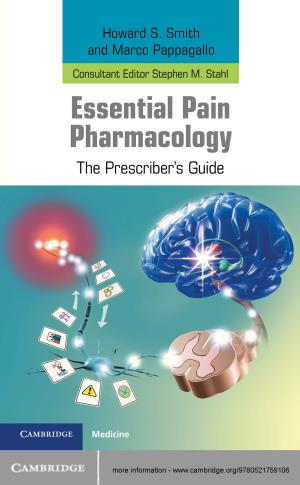Close to Home
Local Ties and Voting Radical Right in Europe
Nonfiction, Social & Cultural Studies, Political Science, Government, Health & Well Being, Psychology| Author: | Jennifer Fitzgerald | ISBN: | 9781108381918 |
| Publisher: | Cambridge University Press | Publication: | August 31, 2018 |
| Imprint: | Cambridge University Press | Language: | English |
| Author: | Jennifer Fitzgerald |
| ISBN: | 9781108381918 |
| Publisher: | Cambridge University Press |
| Publication: | August 31, 2018 |
| Imprint: | Cambridge University Press |
| Language: | English |
Who votes for radical right parties and why? This book argues that the increasing popularity of the radical right in Europe originates in community bonds: strong ties to one's locality motivate support for the radical right. These parties use nostalgic themes and symbolic politicking to idealize community, defend local autonomy, and ultimately draw local identity into the electoral realm. While other explanations of the radical right's popularity typify supporters as victims of macro-economic shifts and strains, the author's account explores people's day-to-day experiences that link local connections to political decisions. The analysis also raises questions about the political implications of different formal authority structures such as the level and nature of power devolved to local units. The localist model of radical right support illuminates the psychological, social, and institutional conditions and processes that render people's feelings about their cities, towns, and villages relevant for politics.
Who votes for radical right parties and why? This book argues that the increasing popularity of the radical right in Europe originates in community bonds: strong ties to one's locality motivate support for the radical right. These parties use nostalgic themes and symbolic politicking to idealize community, defend local autonomy, and ultimately draw local identity into the electoral realm. While other explanations of the radical right's popularity typify supporters as victims of macro-economic shifts and strains, the author's account explores people's day-to-day experiences that link local connections to political decisions. The analysis also raises questions about the political implications of different formal authority structures such as the level and nature of power devolved to local units. The localist model of radical right support illuminates the psychological, social, and institutional conditions and processes that render people's feelings about their cities, towns, and villages relevant for politics.















